There’s a new earth shaking headline every day, social media is a veritable battleground for incendiary political discourse and protesters are taking to world’s streets in record breaking numbers. Whether you support Donald Trump or not, the outright vitriol present on both sides of the political spectrum affects your child’s day-to-day more than you might think.
Healthversed isn’t known for meddling in politics. We care about your health and the health of your children. So, with that in mind, here is our bipartisan list of Trump-induced talking points for you and the littler versions of you. Let’s go!
Ask Them Questions
As with any tough conversation, it’s always a good idea to begin by asking a few pointed questions. What do they know about Donald Trump? Are they afraid? And if so, what exactly are they afraid of? Let your child lead the discussion with their answers and go from there! Avoid talking at them, and address their concerns head on.
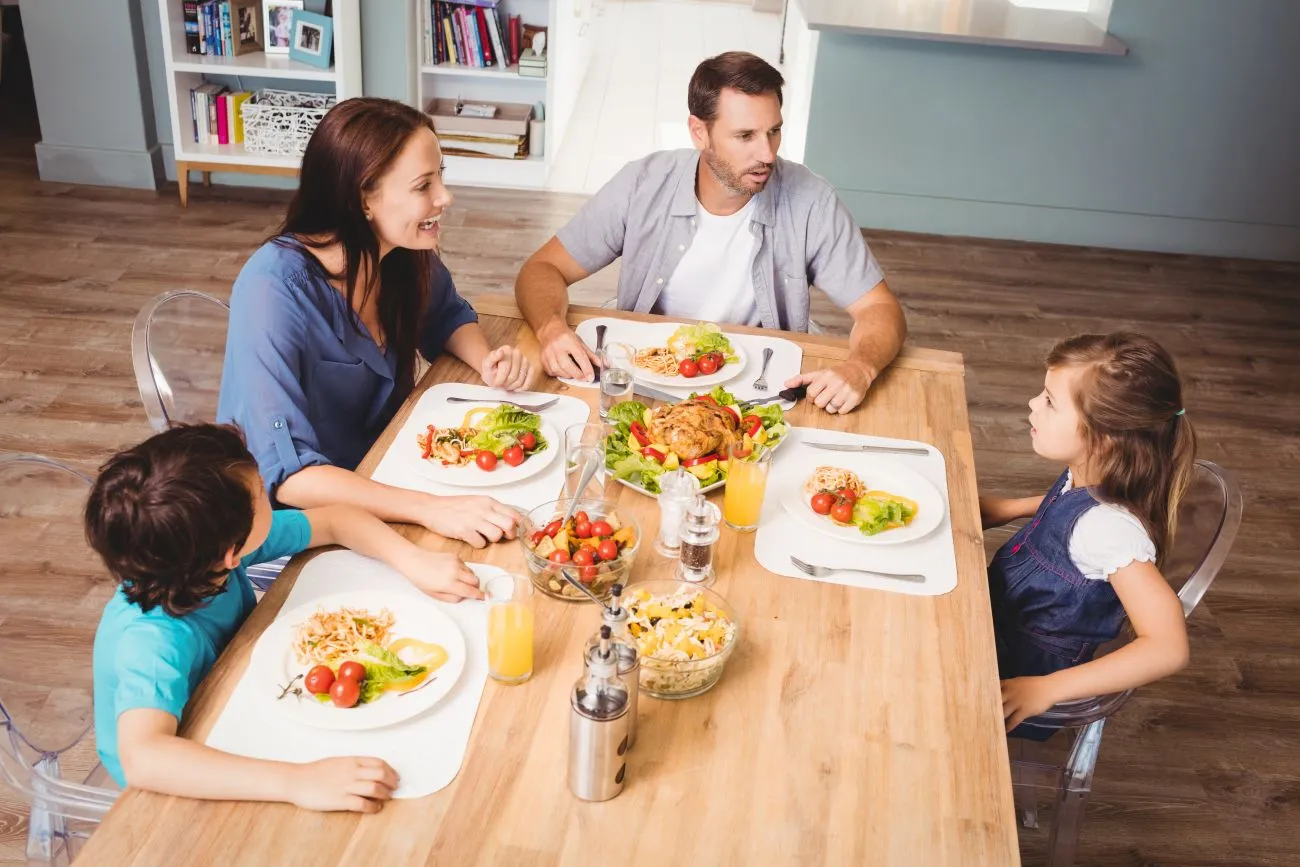 wavebreakmedia / Shutterstock
wavebreakmedia / ShutterstockCorrect Misunderstandings
I’m sure that there are a few things that your kid has gotten wrong. So, give them the goods! Explain away their misconceptions and offer to provide proof if necessary. Remember, conversations of this magnitude take time. Don’t laugh away their concerns or dismiss their fears. Coax them through the conversation with facts and see where it goes!
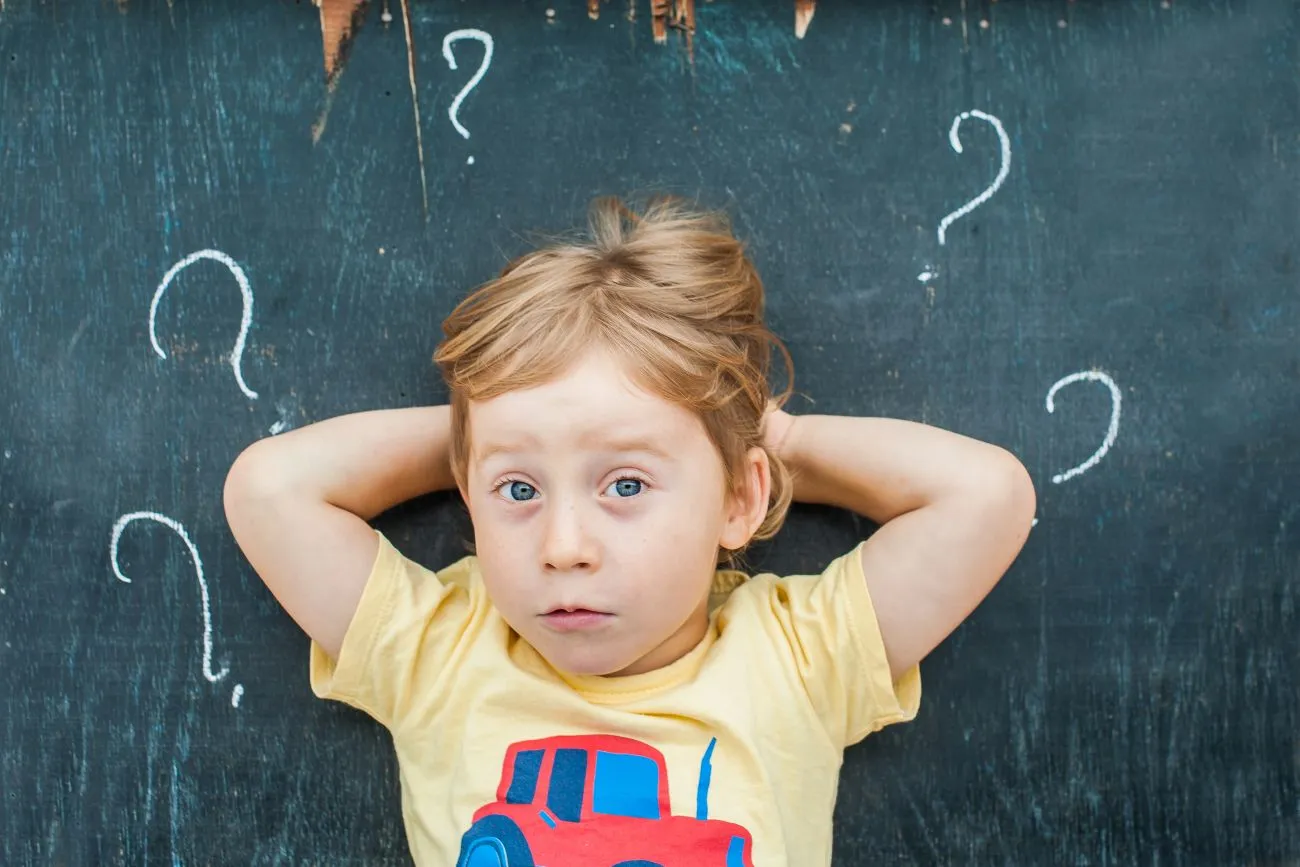 Elizaveta Galitckaia / Shutterstock
Elizaveta Galitckaia / ShutterstockProtesting
The current political climate presents a fantastic opportunity to sit your son or daughter down, and explain to them the history and value of letting your voice be heard. For a kid, an emotional crowd of irate protesters yelling can seem threatening when viewed through the lens of a television news camera. Familiarize them with the process, explain its historical significance and, if they’re still curious, take them to one!
 Ink Drop / Shutterstock
Ink Drop / ShutterstockRefugees
Some sensationalist media outlets will have you believe that the word refugee is synonymous with the word terrorism. This is most certainly not the case. Refugees, as I’m sure you’re all aware, are men, women, and children fleeing war torn countries in search of safety abroad. Encourage acceptance and be ready for a lot of questions.
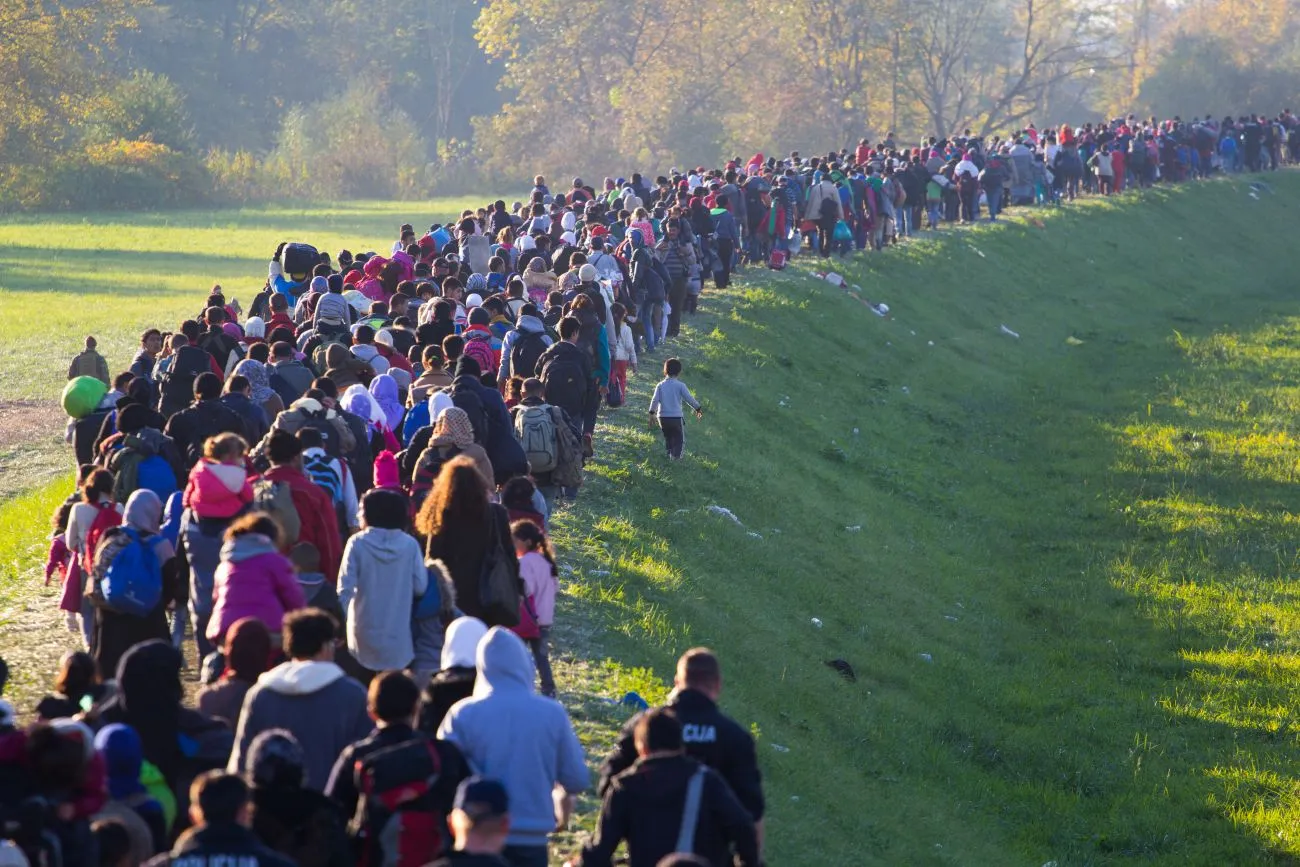 Janossy Gergely / Shutterstock
Janossy Gergely / ShutterstockDemocracy
Be sure to establish a connection between the voting booth and the offices of power. It’s very important that your child familiarizes themselves with the voting process and understands that all of this was a direct result of ballots cast. The world of adult decisions and complex, global conflicts can make a child feel powerless. Knowing that one day, they too will have a say might put their mind at ease.
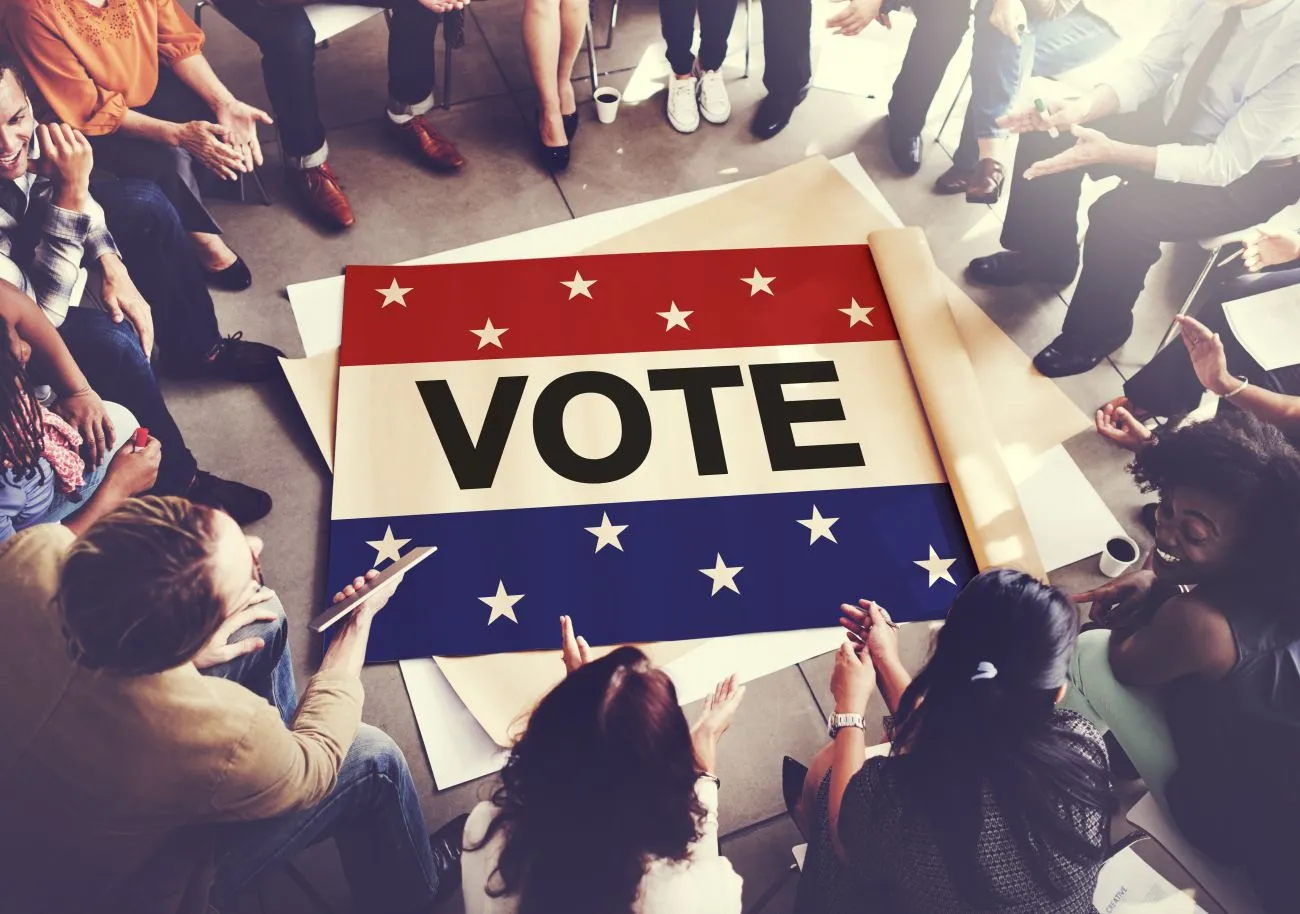 Rawpixel.com / Shutterstock
Rawpixel.com / ShutterstockIslam
This deserves a whole lot more time and discussion than I’m permitted here. But please, teach your children about Islam. It’s important! Islam is without doubt a peaceful, community oriented, vastly diverse religion that promotes gratitude and self-discipline. Take these troubling times as an opportunity to discover and explore this incredibly vibrant culture.
 Zahraa Saleh / Shutterstock
Zahraa Saleh / ShutterstockTake the High Road
Your children take your words at face value and internalize them for decades. So be sure to take the high road, stick to facts and avoid prejudice. It’s important that your children understand that yes, these are troubling times. Everyone is entitled to their opinion, but name calling and hurtful stereotypes have absolutely no place in civilized discourse. Take the high road and your children will take the high road too.
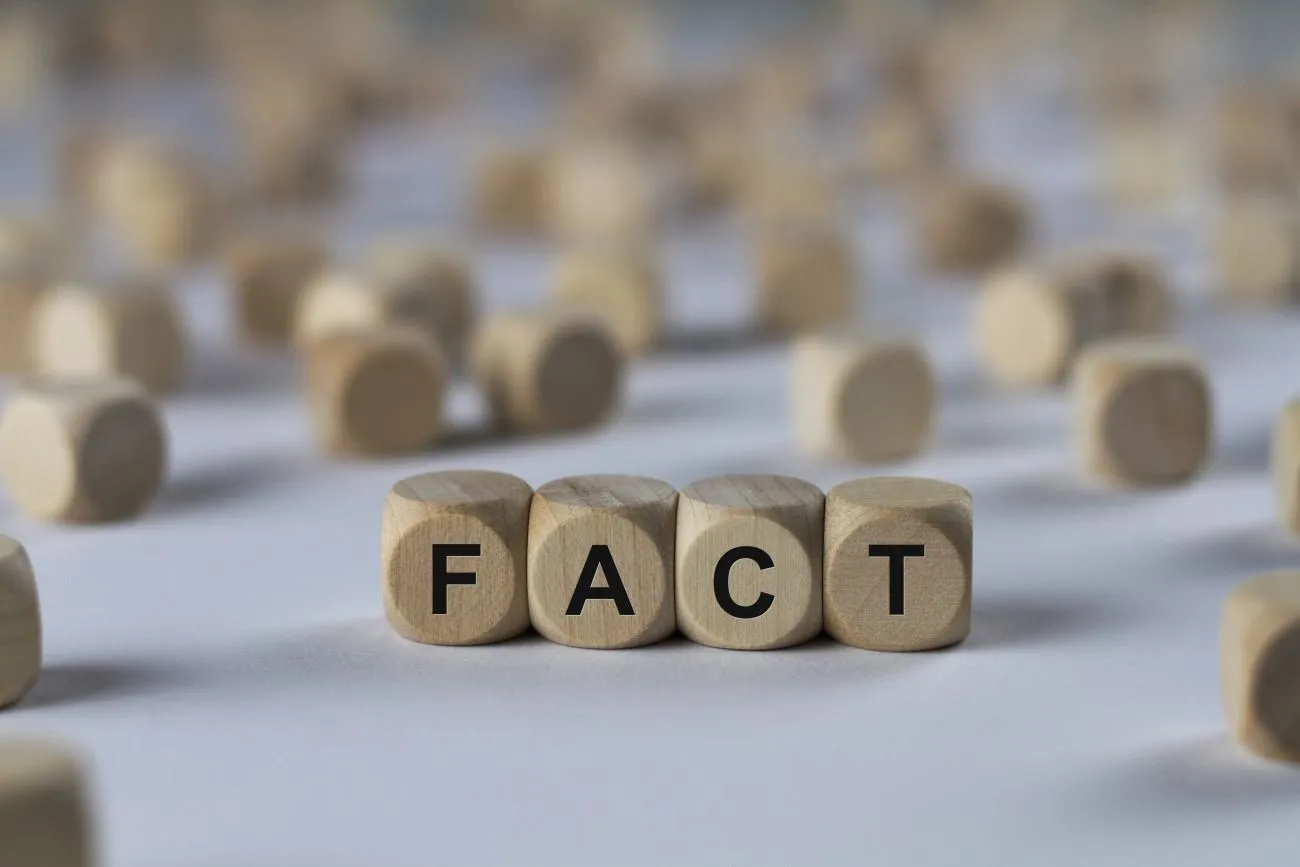 Dominik Bruhn / Shutterstock;
Dominik Bruhn / Shutterstock;Multiculturalism
Imagine what the food court in your local mall would look like without eclectic dishes from lands abroad. Our menu items aren’t the only things enhanced by diversity. North American culture as a whole is built on and made better by its non-native contributions. I don’t mean to get hung up on the food thing, but have you ever tried shawarma? Talk to your kids about the importance of multiculturalism.
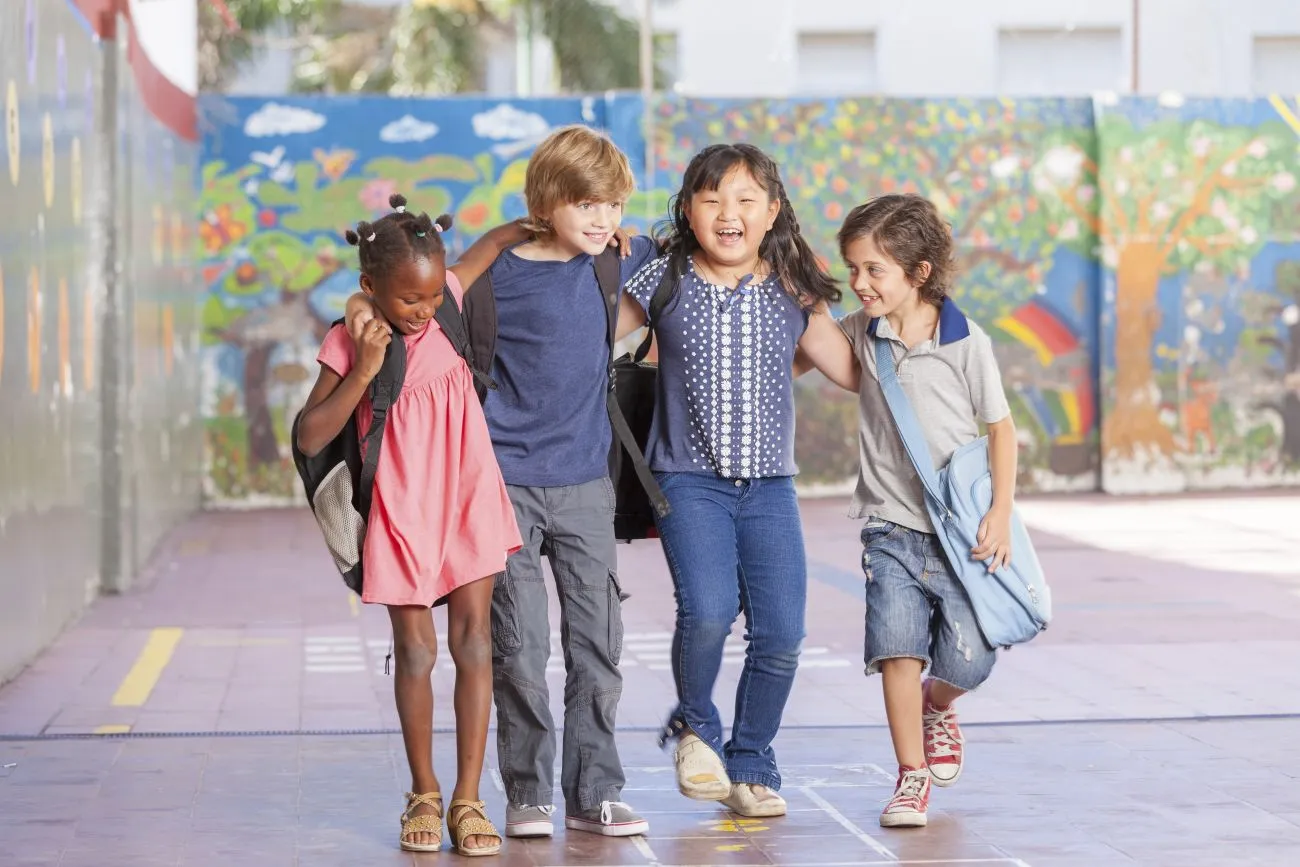 GagliardiImages / Shutterstock
GagliardiImages / ShutterstockThe Wall
There’s nothing friendly about a border wall. That much we can all agree on. Now think of it from your kid’s perspective. Fairy tales, cartoons, movies, comics, they all agree that walls are a bad thing too. Don’t try and justify it. Don’t try and dress it up. Just bring it up, talk about it, and clear up any misconceptions about it. That’s really all you can do.
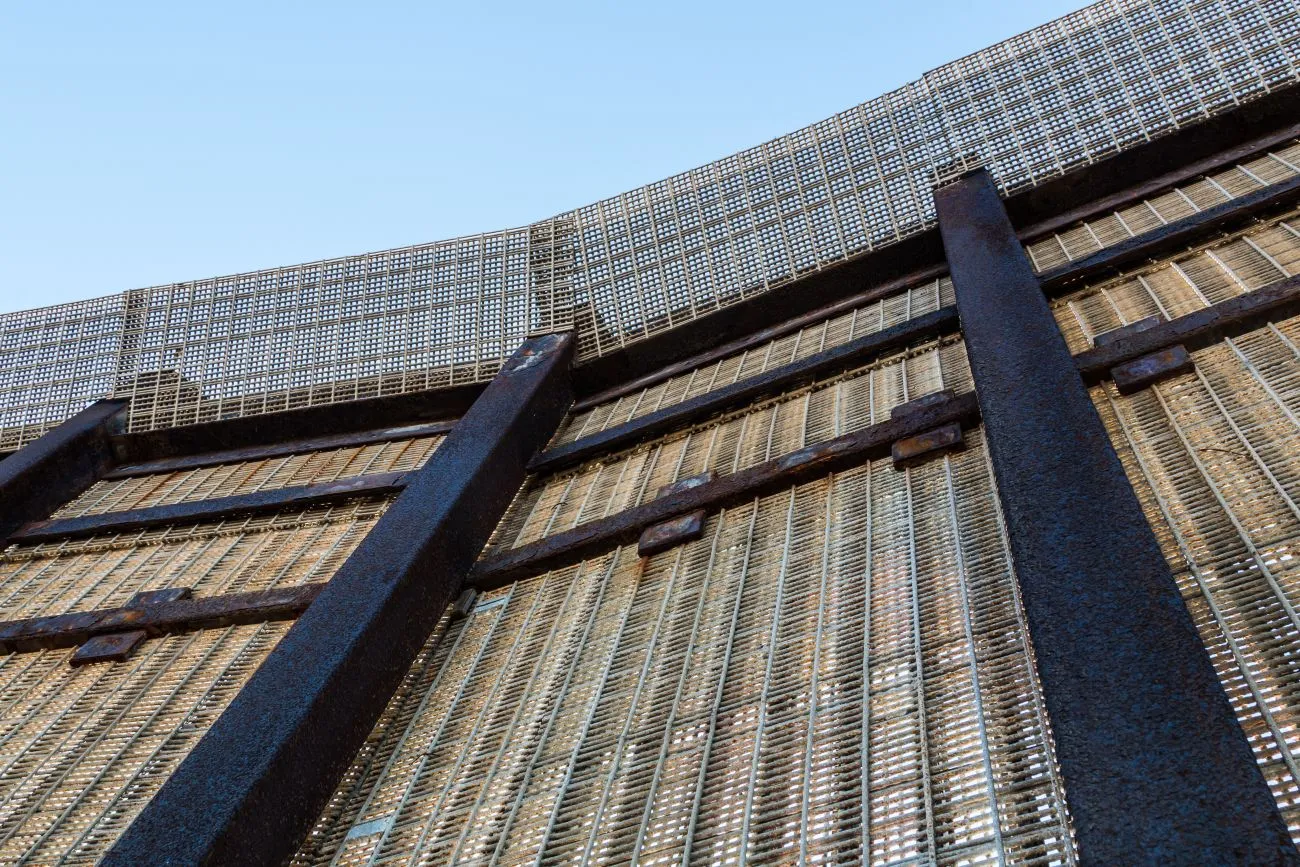 Sherry V Smith / Shutterstock
Sherry V Smith / ShutterstockWomen’s Rights
How do you explain away President Trump’s awful track record of verbal abuse? You can start by not making excuses for it. Women’s rights have come a very long way, but nobody ever claimed that the journey is over. Be honest with your kid and empower them to build a future that doesn’t try and rationalize inexcusable behavior.
 Rawpixel.com / Shutterstock
Rawpixel.com / ShutterstockTerrorism
I remember the days when kids were afraid of the boogeyman. Today, it’s thoughts of gunfire and explosions that haunt a child’s dreams. Just calm them down, listen more than you talk, and don’t be dismissive. Address their fears, but be careful not to perpetuate prejudice.
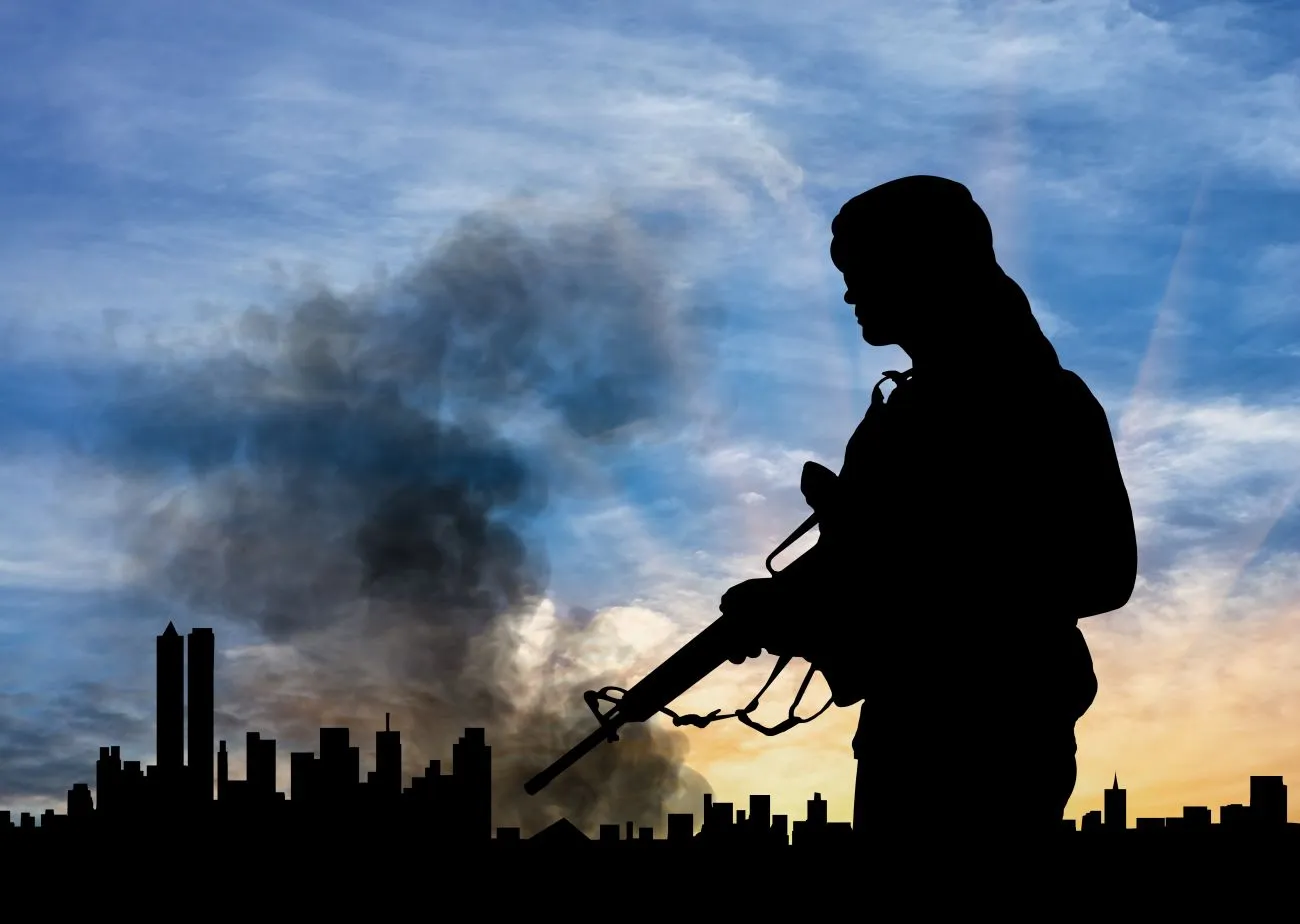 Prazis / Shutterstock
Prazis / ShutterstockWar
I’ve talked to a lot of people about President Trump, young and old. And, when you strip away the emotion and political rhetoric, you’re left with a very real concern for another global war. If you’re looking to broach the subject with your little one, listen and respond in turn. Comfort them. If they’re old enough, take them to a war memorial. Take an active role in their education and it will pay dividends in their future.
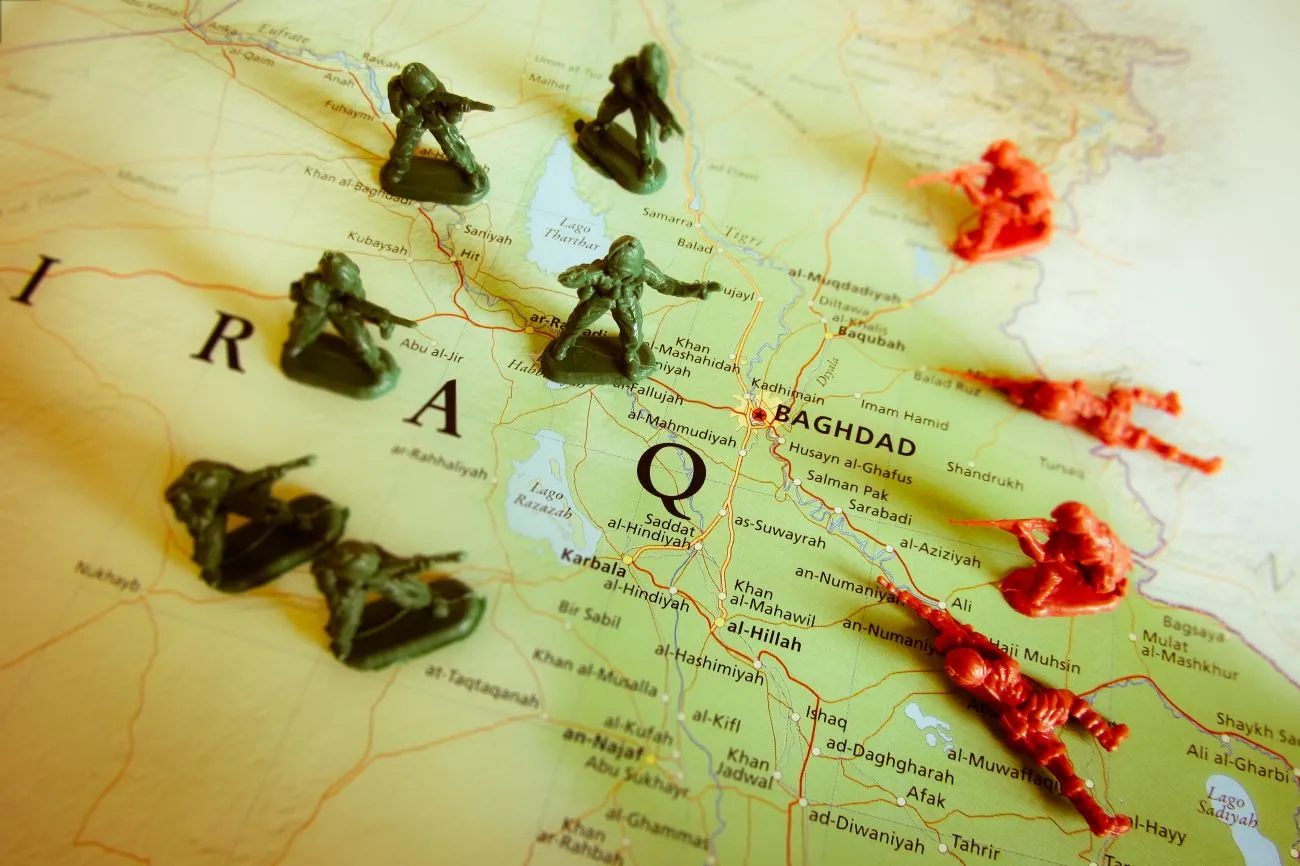 TonelloPhotography / Shutterstock
TonelloPhotography / ShutterstockOffer Reassurance
Let’s be honest, we’re all a little terrified. The unpredictable demeanor of President Trump has put the entire world on tilt. It’s no surprise then, that our children are picking up on the uncertainty too. Any serious conversation deserves time and honesty. But, any conversation with a child requires its fair share of tact, too. Don’t shy away from the facts, but make sure your child leaves the conversation feeling empowered.
 WindNight / Shutterstock
WindNight / ShutterstockAlways Be Ready to Talk
If your child mentions their concern over the results of the election, never shy away from it. If they brought it up, it’s safe to say their concerned. Always be ready to answer questions, ask questions, and listen to their responses. Maintaining an open line of communication on difficult topics is essential.
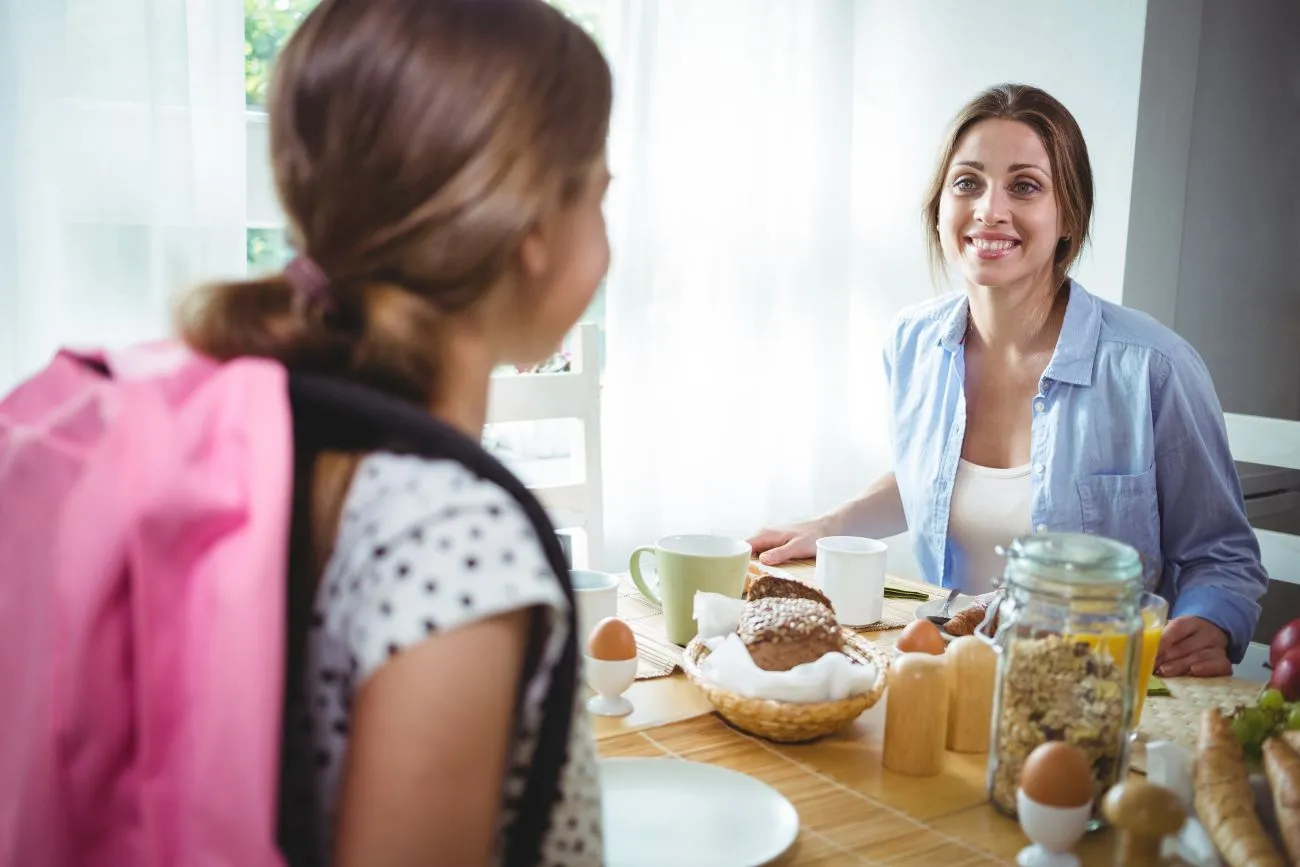 wavebreakmedia / Shutterstock
wavebreakmedia / ShutterstockTell Them What They Can Do to Help
One of the things kids can struggle with the most is an overwhelming feeling of helplessness. So, empower them! Tell your children that yes, they can help make the world feel a little safer by being courteous, kind, and by giving back. And why not take this opportunity to give back yourself. Volunteer, donate, and pitch-in with your child in tow. Not only will it be a fantastic bonding experience, but it’ll help curb your child’s feelings of helplessness.
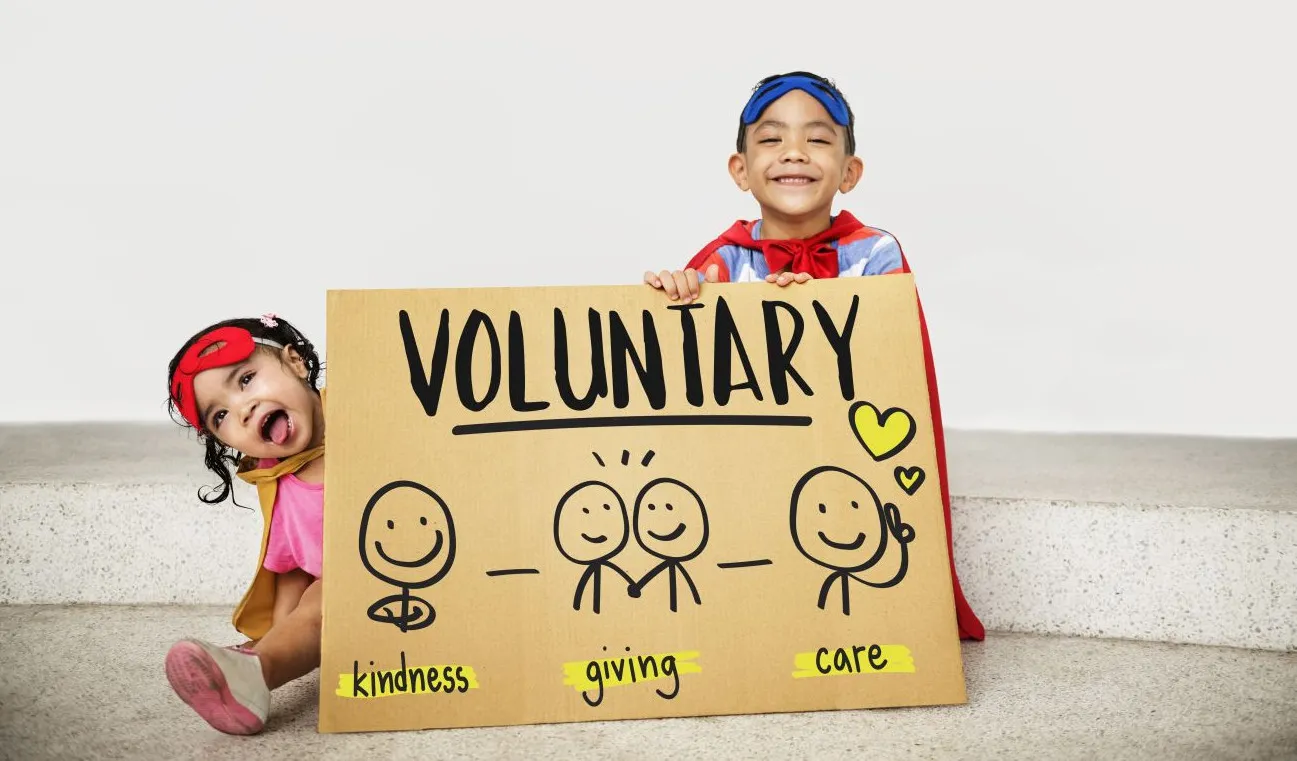 Rawpixel.com / Shutterstock
Rawpixel.com / Shutterstock